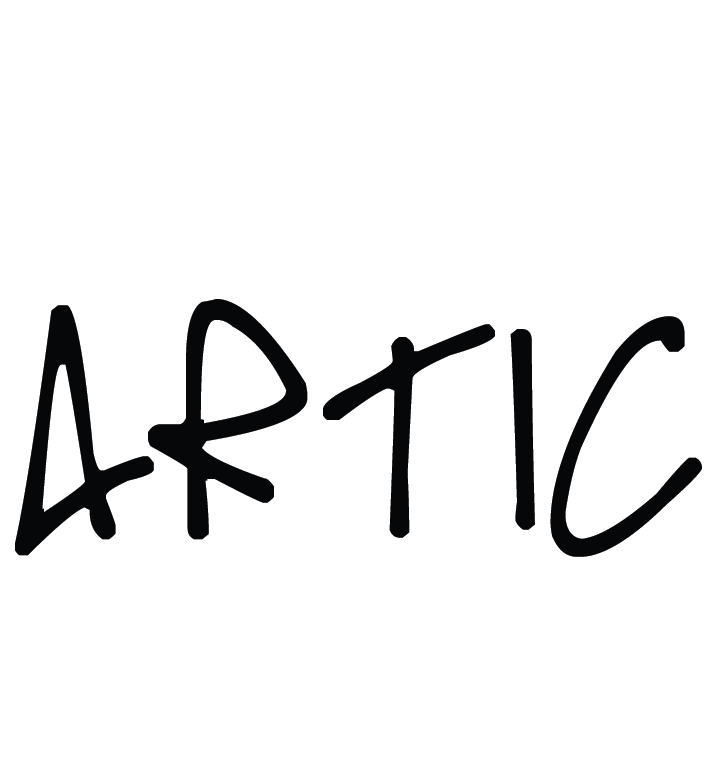Interview with FORM Project
Months and months ago, way back in June of 2020, co-founder and co-conspirator Rebecca did an interview with FORM Project, a project built by coach and consultant Lauren Kiraly with the goal of exploring burnout in the workplace.
As part of the On Success interview series, Rebecca “sat down” with Lauren to have an open and honest conversation about how Black, Brown, and white bodies uniquely express needs, define success, and burnout. As the conversation continued, Rebecca and Lauren were able to get specific about inclusivity in workplace settings, and the pain of professionalism, just another word for assimilation.
This achingly honest conversation still hits different, nearly a year later.
Here’s a snippet:
[LK] Are you seeing the vocalization of needs solely within social media, or do you see this also filtering into other places, like traditional workspaces?
[RD] I think the conversation of political as personal as corporate is a new line. We’ve seen that a lot of white folx like to separate political and personal. It feels like a safe separation. I hear from a lot of people, “Oh, that’s just not how I use my page. But I am doing work. I just do it and talk about it elsewhere.” The separation is – I mean, to me, it feels – arbitrary; and also, it doesn’t feel like my place to tell people how to express their activism. But, I see it enough that [the separation] feels like a culture of whiteness and it doesn’t feel deliberate. Because my feeling is, if it’s a deliberate thing that you’re saying – like, you’ve sat down and done some internal work, and you thought to yourself, “This [separation] is what’s best for me, for my health, for my family, for my whatever…” And then you made the intentional decision to separate those things… that to me feels very different than what I see which is the culture of whiteness, which indicates that we don’t talk about religion with strangers or politics, that you don’t put your elbow on the dinner table, etc.
And we’re now starting to see that folx – especially Black and Brown bodies – don’t have the luxury of separating things. [Separation of political and personal] is an expression of privilege and power – like, “Oh, it’s just politics. It doesn’t affect me.” – that we, as any marginalized people, don’t have the luxury to do. They are all the same thing for us, because we are incredibly, personally impacted by political choices on a daily basis.
And so, what we’re seeing is, for the first time, that line between political as personal is moving to corporate. Of course, this isn’t new to 2020; the expectation for businesses to be socially active or aware has been growing across the past decade. But it’s why we see little black squares everywhere, and an instant diversification of corporate websites and branding and media and advertising. White blond girl, white blond girl, white blond girl, black square, then Black person, white person with brown hair. We’re seeing a demand from communities, like, “Hey, you’re going to bring my personal into my workspace” and “This is how I show up. If you want me to work here for you, you must want all of me to work here for you.”
Check out the full transcript here.
